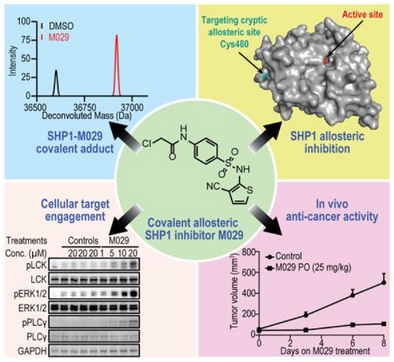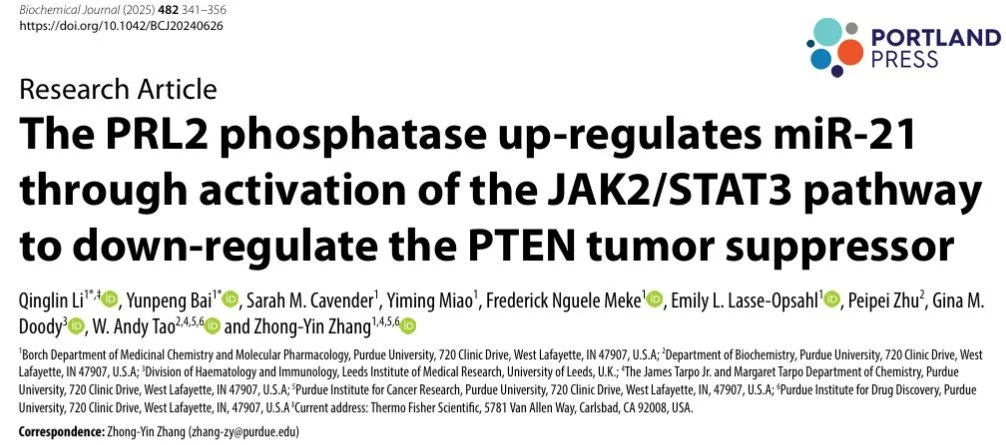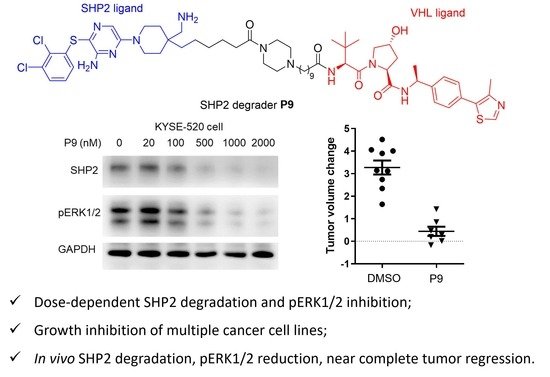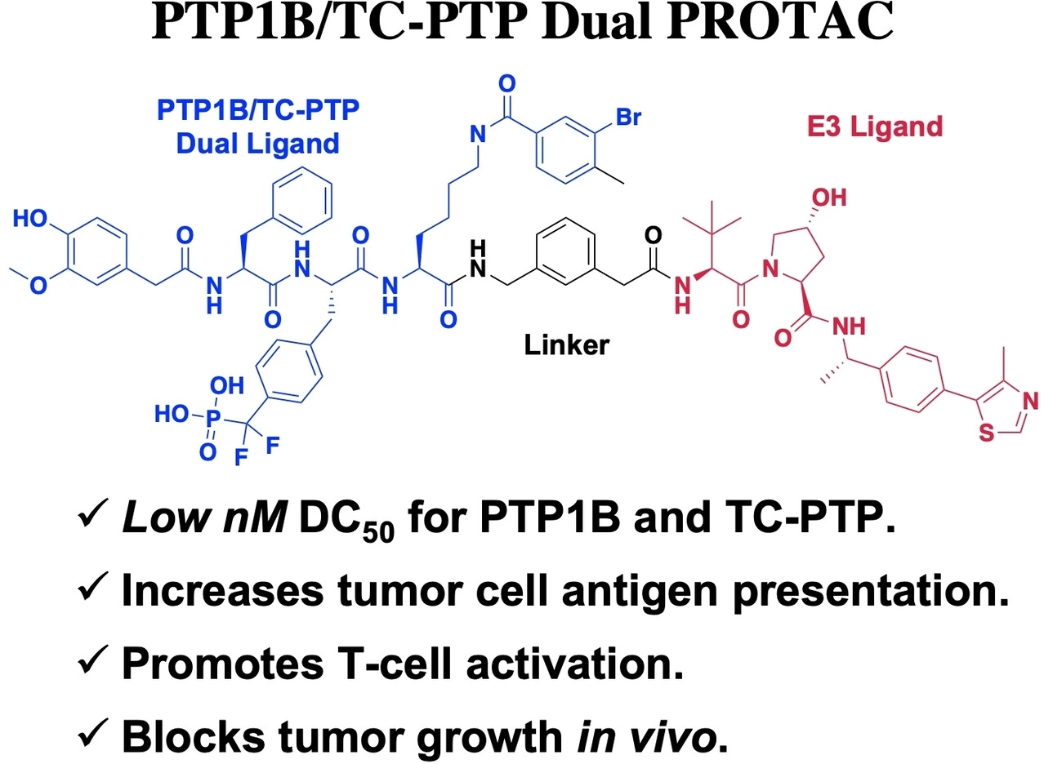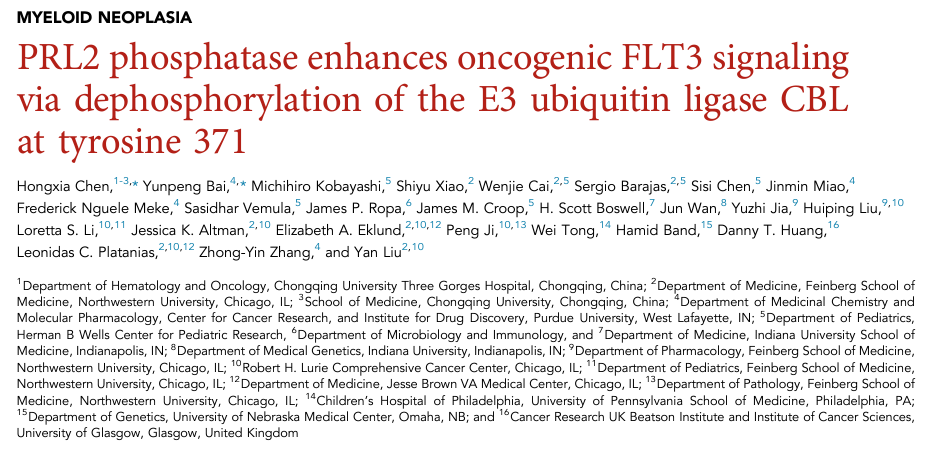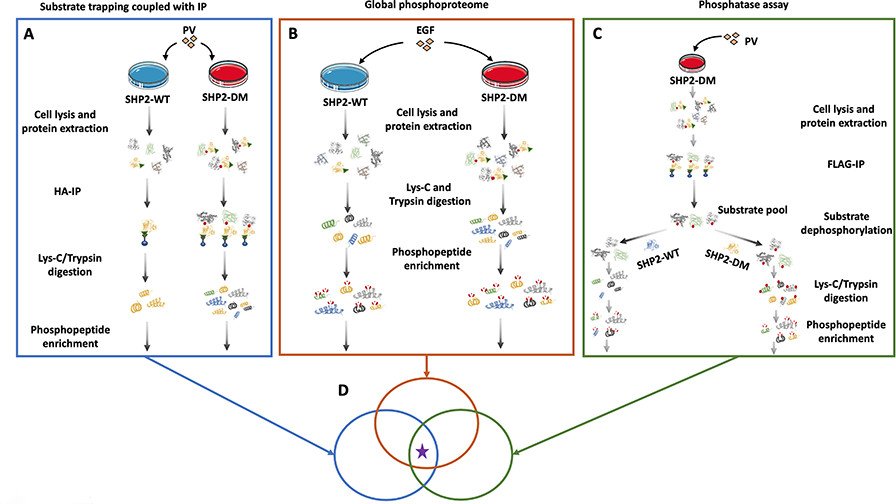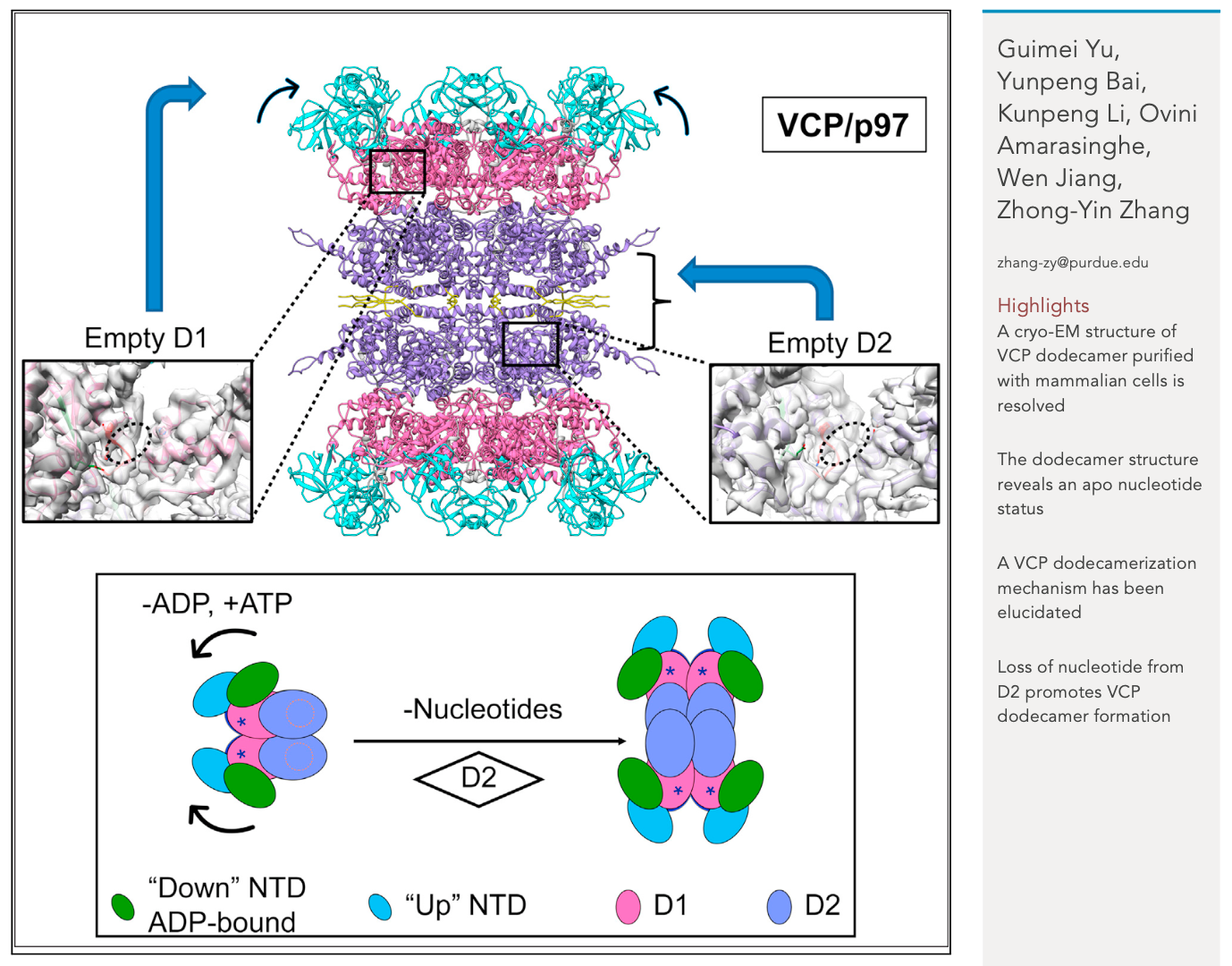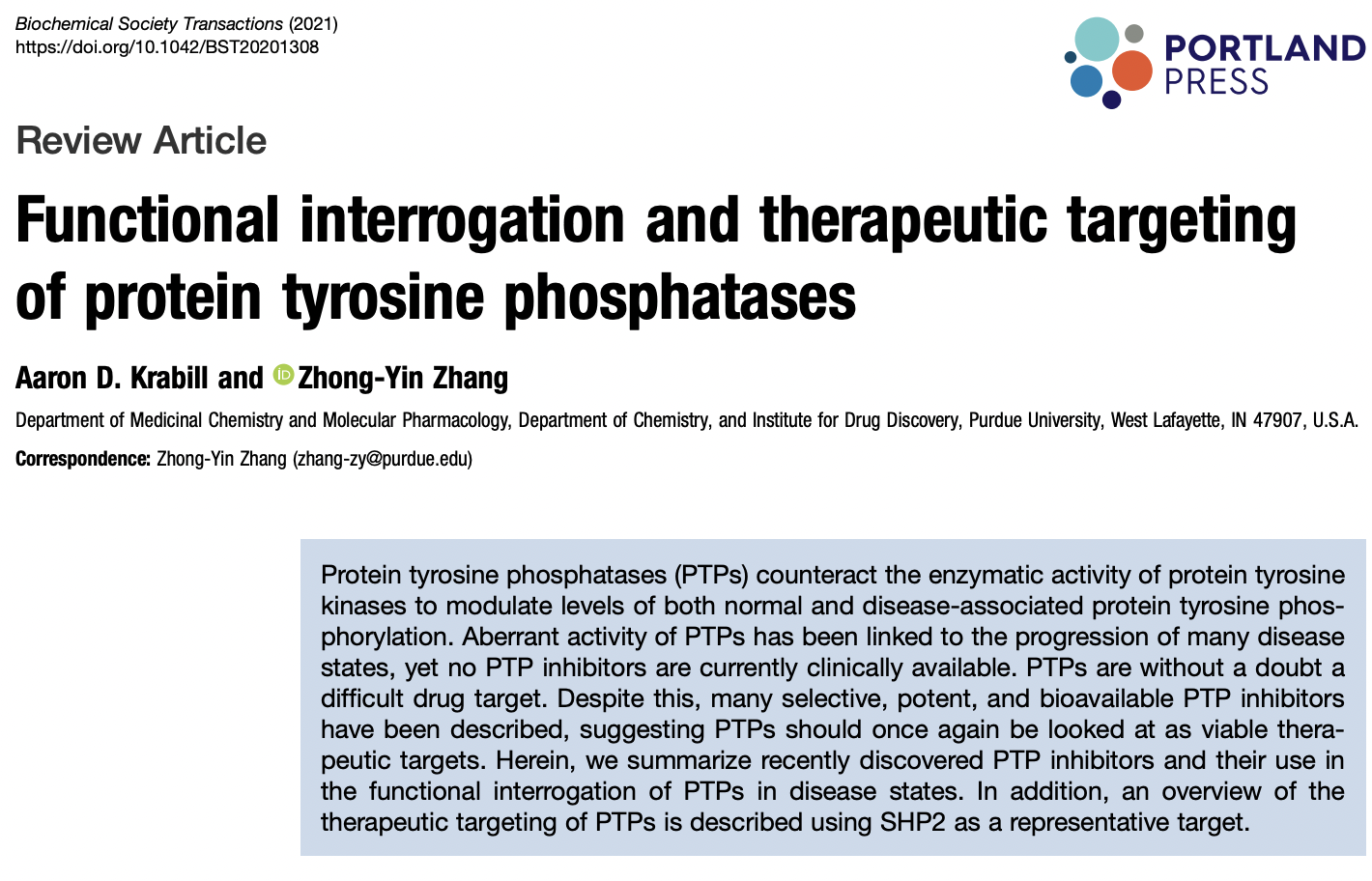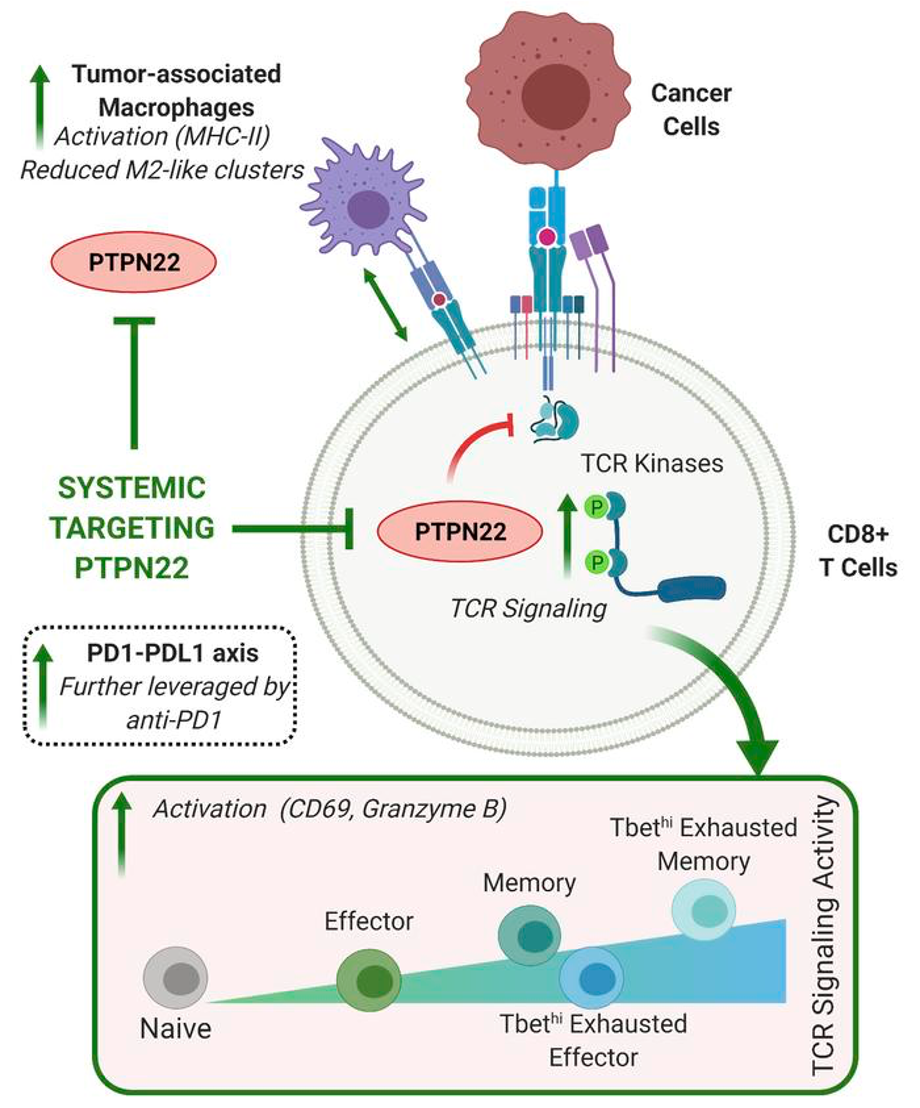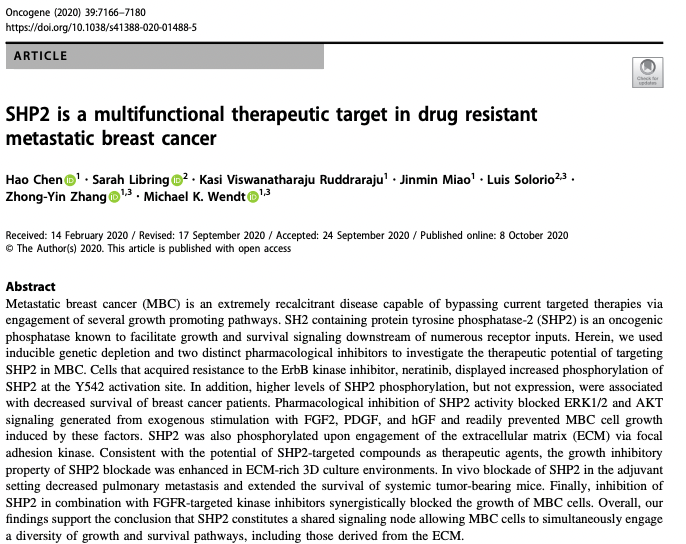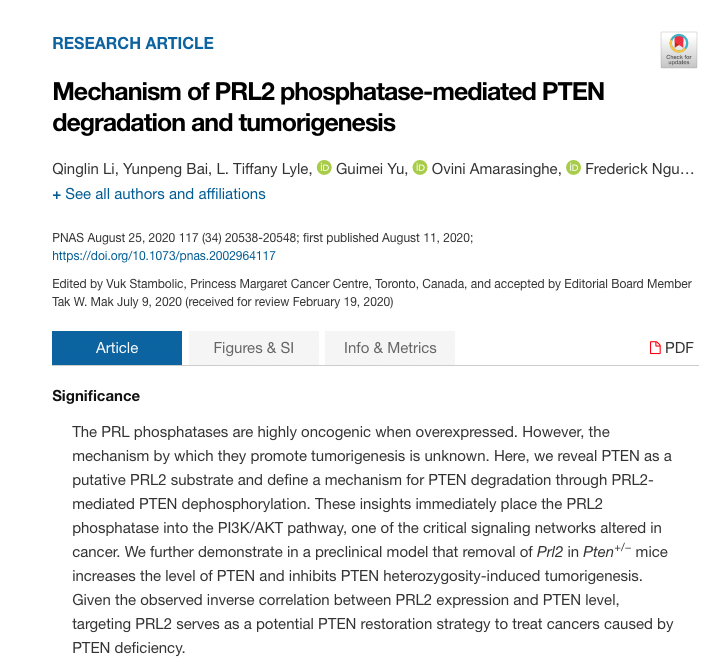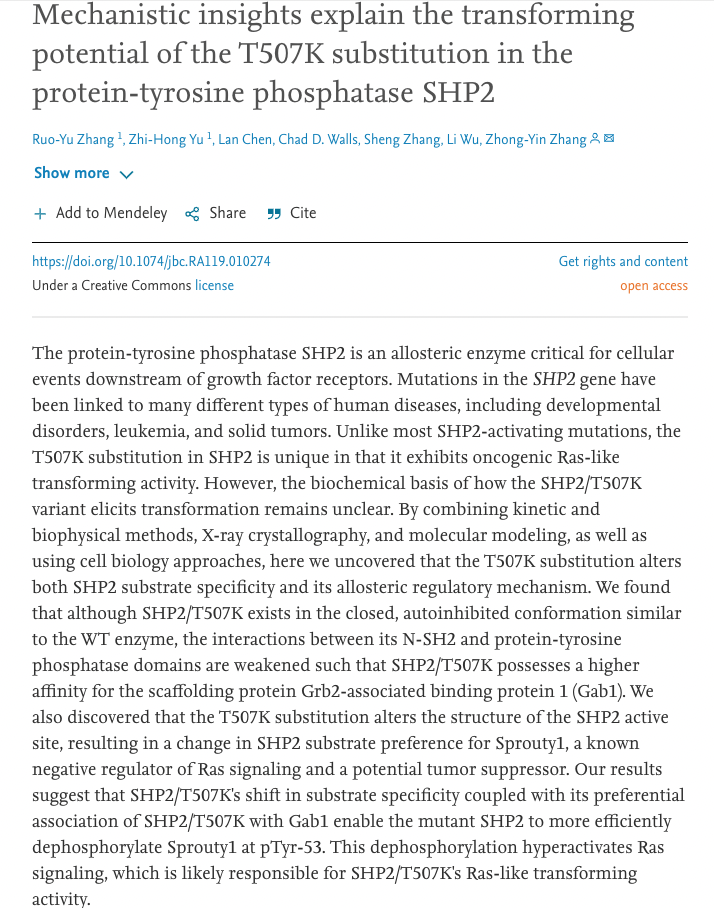

Our goal is to better understand protein tyrosine phosphatases and develop novel therapeutics.
Work with us
Over the past 30 years, we have proudly graduated 9 Ph.D.s from the lab!
Our scientists come from diverse backgrounds, providing our lab with the knowledge required to achieve our goal of treating PTP implicated diseases. Come join us in our pursuit!
Recent Publications
Read more about what we do.

